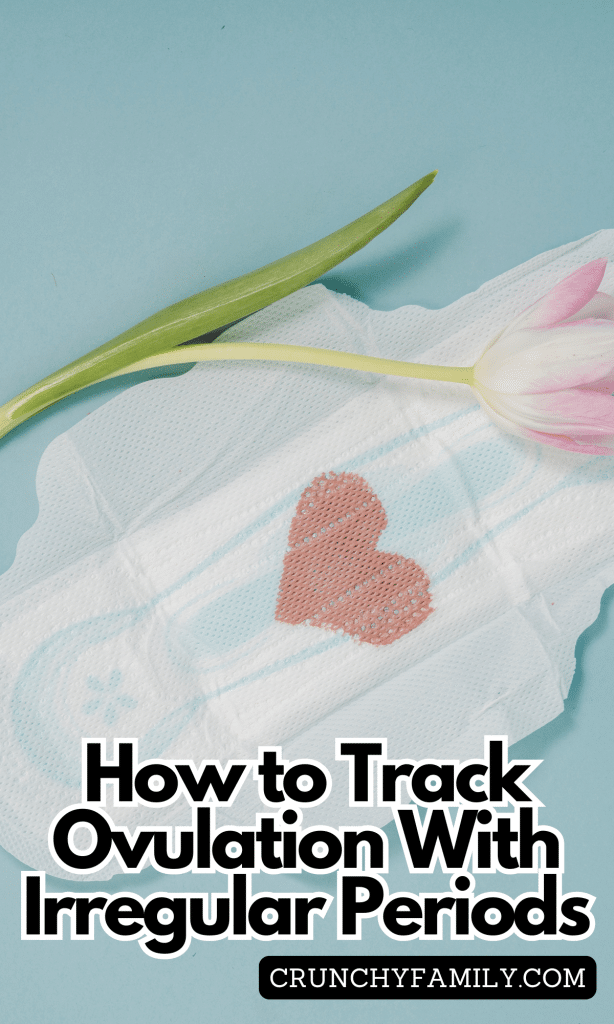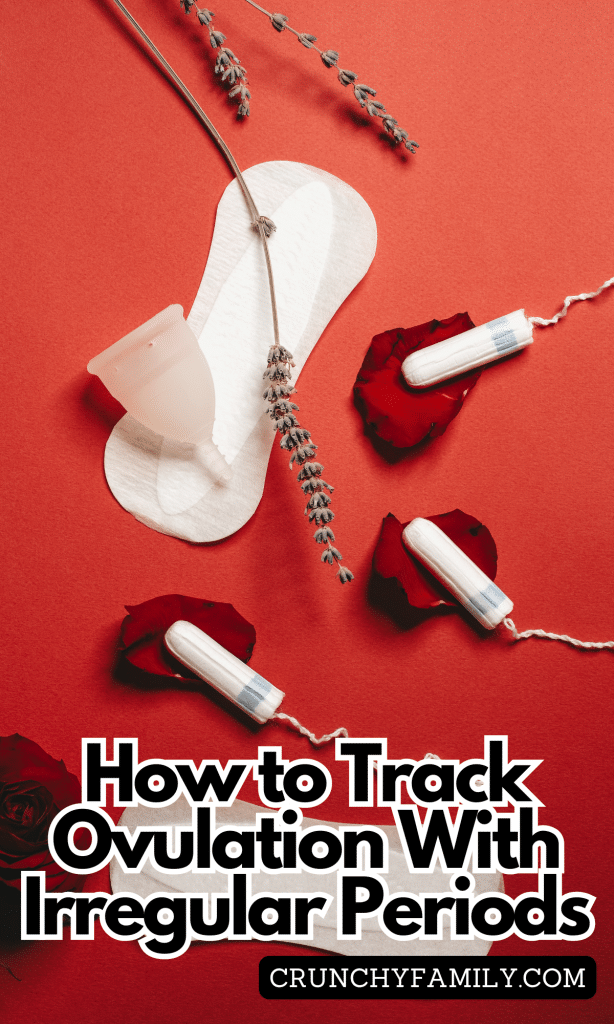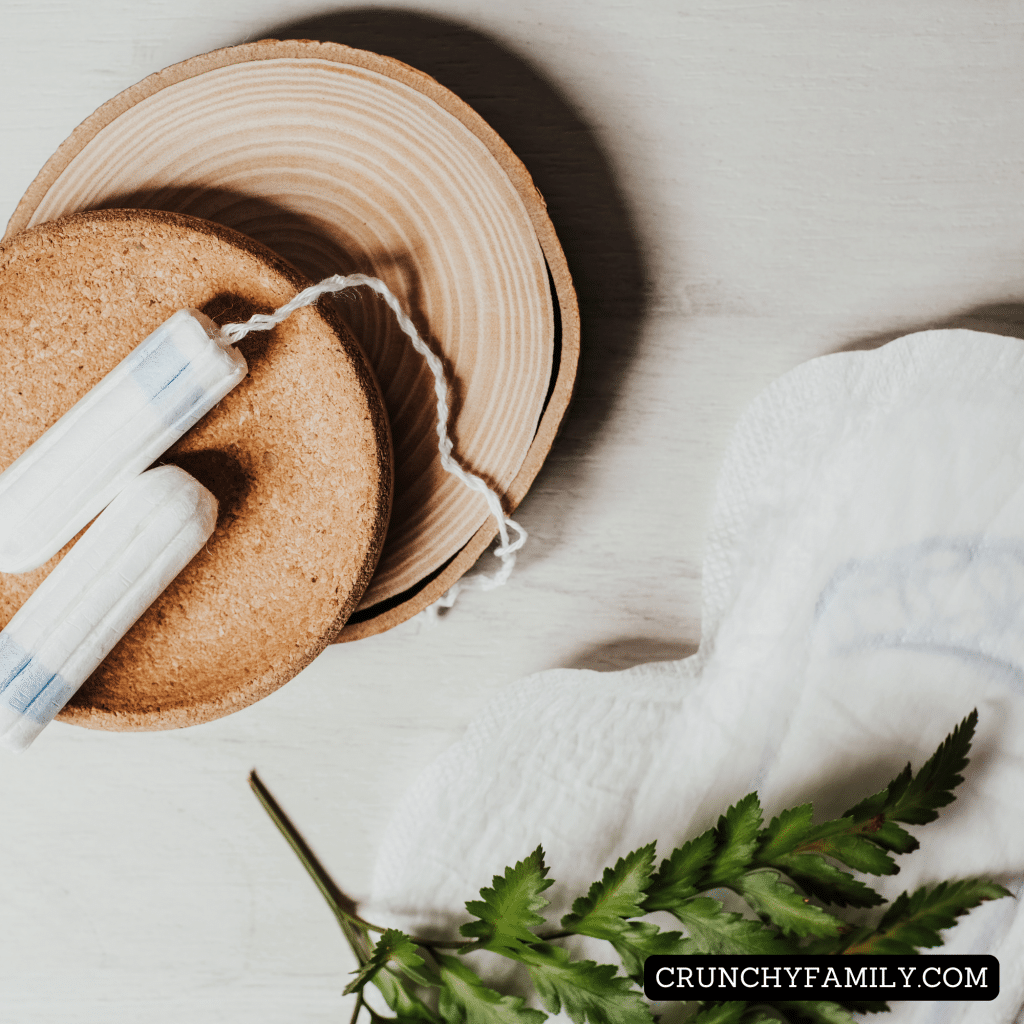I’ve always been fascinated by reproduction and the incredible way our cycles work. Especially now, I’m embracing the natural side of tracking and understanding my body.
For years, my periods were irregular, but since ditching all birth control methods and focusing solely on tracking my cycle, things have become more regular.
However, I know how tricky it can be to navigate this process with irregular cycles. In this post we can explore together best ways to track ovulation, even when your periods are unpredictable, and learn a bit more about our amazing bodies!

Irregular menstrual cycles can make it challenging to pinpoint your ovulation day. The average menstrual cycle lasts about 28 days, but it can vary significantly from person to person.
Causes of irregular periods can include hormonal imbalances, polycystic ovary syndrome (PCOS), thyroid problems, excessive exercise, weight changes, and lifestyle factors.
Medical conditions like polycystic ovarian syndrome and primary ovarian insufficiency are common culprits behind irregular cycles.
Tracking Your Ovulation
Basal Body Temperature Method

One reliable method is tracking your basal body temperature (BBT). You’ll need a basal body thermometer and a bit of dedication.
Each morning, before getting out of bed, take your temperature. A slight increase in BBT can indicate ovulation. This method helps identify your fertile window and is especially useful for those with unpredictable cycles.
Cervical Mucus Changes
Observing changes in your cervical mucus is another natural way to track ovulation. Around ovulation, you may notice your vaginal discharge becomes clearer, stretchier, and more slippery—similar to egg whites. This change is a good indicator that you’re in your fertile window.
Ovulation Predictor Kits

Ovulation predictor kits (OPKs) are one of the most common ways to detect ovulation. These kits measure the level of luteinizing hormone (LH) in your urine, which surges just before ovulation.
Using OPKs can give you a clear picture of your LH surge, helping you pinpoint the best time for unprotected sex to maximize your chances of conception.
Period-Tracking Apps
Apps like Flo Health can be extremely helpful. They allow you to log various signs of ovulation, track your cycle length, and predict your next period. These apps often include ovulation calculators, making it easier to manage irregular cycles.
Hormonal Blood Tests

If you’re struggling with severe irregularities, a simple blood test can check for hormonal imbalances. Your healthcare provider can measure your levels of reproductive hormones, thyroid hormones, and others to identify any underlying issues.
Lifestyle Changes for Better Cycle Regularity
Making lifestyle changes can also help regulate your menstrual periods. Maintaining a healthy weight is crucial—both weight gain and weight loss can affect your cycle. Avoiding excessive exercise and managing stress are equally important. If lifestyle changes don’t help, consulting a healthcare provider about fertility treatments or the help of fertility drugs like clomiphene citrate might be a good idea.
Timing Sex for Conception

Timing sex around your ovulation day gives you the best chance of conceiving. With irregular ovulation, it might be tricky, but tools like BBT tracking, cervical mucus observation, and OPKs can help you determine the best time.
Natural family planning methods, like the calendar method or rhythm method, can also assist in understanding your cycle better.
When to See a Specialist
If you’ve been trying to conceive for over a year (or six months if you’re over 35) without success, it’s time to consult a fertility specialist.
Conditions like PCOS, premature ovarian failure, pelvic inflammatory disease, or other health issues might require specialized treatment options. A fertility specialist can provide reliable methods and the best options tailored to your needs.
Tracking ovulation with irregular periods can be challenging, but with the right tools and knowledge, it’s entirely possible.

Whether you’re using ovulation predictor kits, basal body temperature tracking, or monitoring cervical mucus changes, each method offers valuable insights into your fertile days. Remember, your health care provider is a great resource if you need further assistance.
More related reads:
3 thoughts on “How to Track Ovulation With Irregular Periods”